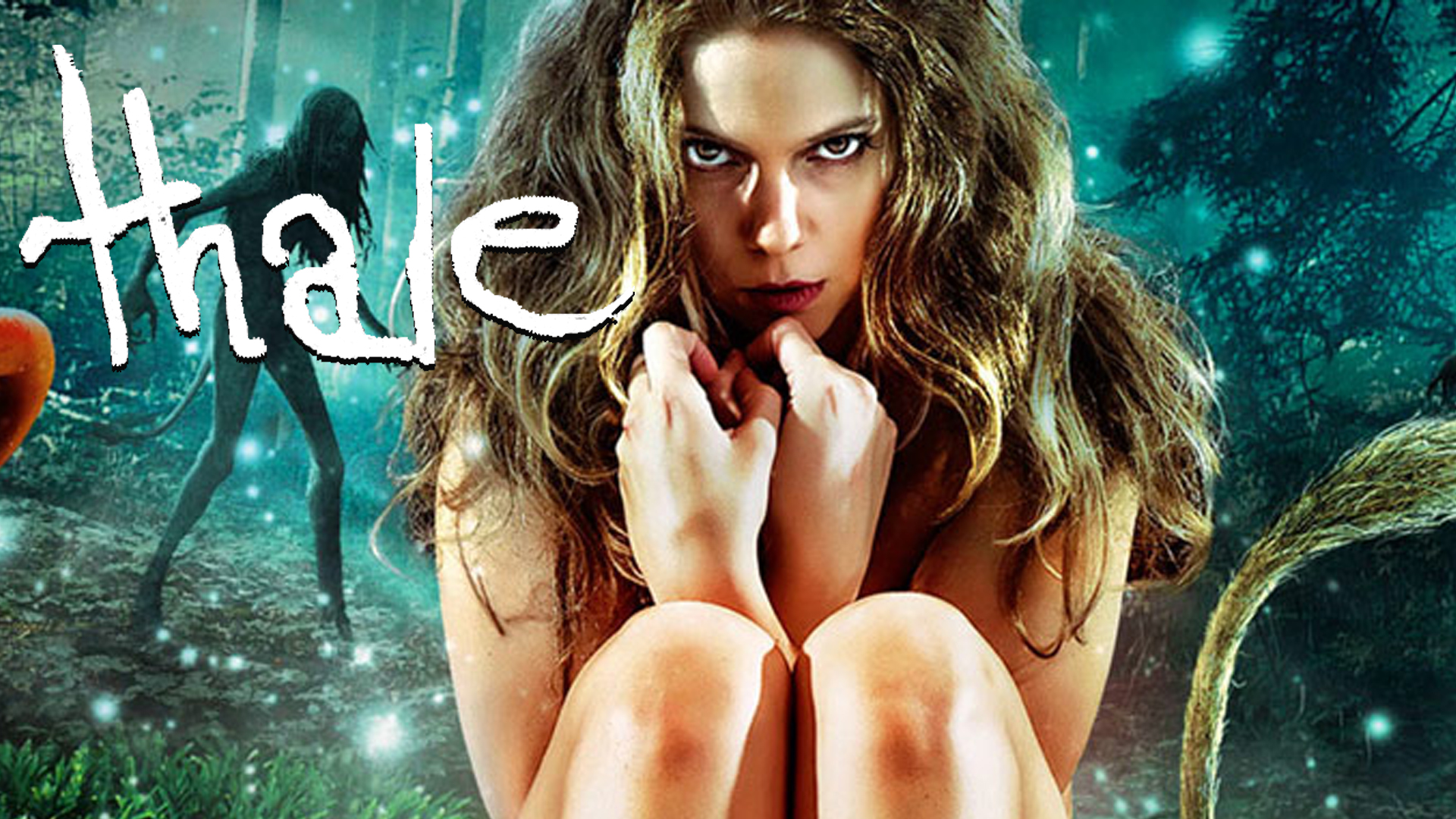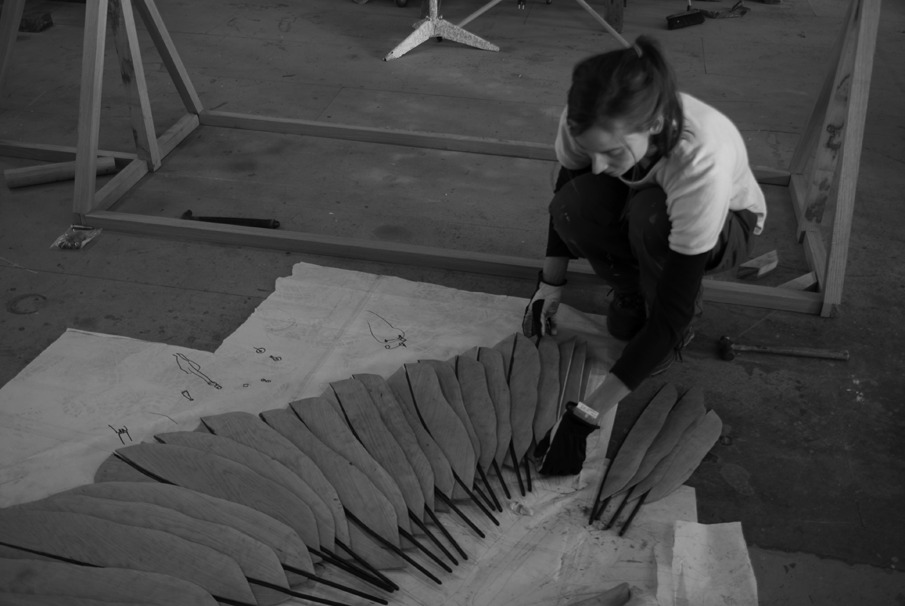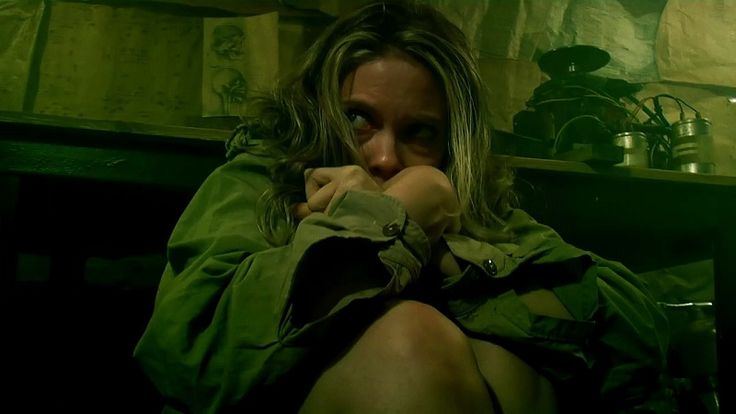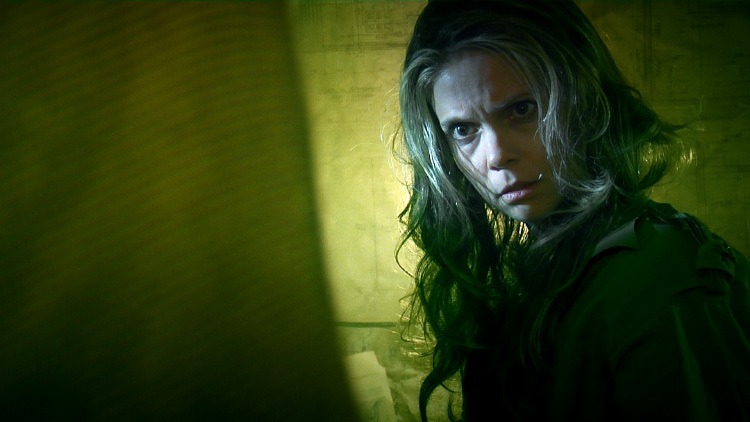Thale (2012)

Thale (2012) is a Norwegian supernatural horror film directed and written by Aleksander L. Nordaas. The film delves into the world of folklore, offering a chilling and atmospheric experience that explores the mythical and eerie creatures of Norway. Released in Norway on February 17, 2012, the film quickly gained international attention, being sold to over 50 countries. Its unique blend of suspense, horror, and folklore makes it a standout in the genre.
The film follows two crime scene cleaners, Leo and Elvis, who discover a mysterious and unsettling secret while working in an abandoned cabin deep in the Norwegian forest. They find Thale, a strange and mute woman who has been living in isolation for years. Thale is a creature from Norwegian mythology, a “huldra,” a forest spirit known for her eerie beauty and haunting presence. The men quickly realize that Thale is not just an ordinary woman, but something far more dangerous and otherworldly.
What sets Thale apart from typical supernatural horror films is its atmosphere and pacing. Rather than relying heavily on jump scares or gore, the film builds tension slowly, creating a sense of unease and mystery. The sense of isolation in the remote cabin, combined with the haunting presence of Thale, creates a mood that keeps the audience on edge. As the film progresses, the suspense intensifies, and the true nature of Thale’s abilities and origins is slowly revealed.
The character of Thale, portrayed by Silje Reinåmo, is central to the film’s success. She is enigmatic and otherworldly, with a haunting presence that draws viewers in. Her silence adds to the mystery, as her story is told not through words, but through her actions and interactions with Leo and Elvis. Thale’s backstory, rooted in Norwegian folklore, adds a layer of complexity to the film, as it raises questions about the boundaries between human and mythological beings.

Leo and Elvis, played by Jon Sigve Skard and Erlend Nervold, serve as the film’s anchors, grounding the supernatural events in human reactions and emotions. Their dynamic adds depth to the film, as their curiosity and increasing fear drive the plot forward. As they uncover more about Thale’s past and the dark forces surrounding her, their relationship shifts from professional detachment to a more personal connection, raising the stakes for both their safety and their understanding of Thale’s nature.

Thale also stands out for its exploration of Norwegian folklore and its connection to real-world myths. The film uses these elements to create a sense of dread and wonder, combining the familiar with the supernatural. The huldra, often depicted as a beautiful but dangerous forest spirit, is reimagined in this film in a more subtle, haunting way, emphasizing the tension between beauty and terror. This integration of folklore into a modern horror context gives the film a unique flavor, setting it apart from other supernatural thrillers.

In conclusion, Thale is a compelling and atmospheric supernatural horror film that uses tension, folklore, and character-driven storytelling to create a truly unsettling experience. The film’s slow burn approach, combined with the mysterious figure of Thale and the performances of the lead actors, makes it a standout in the genre. Aleksander L. Nordaas’ direction ensures that the audience remains engaged, while the Norwegian folklore at its core adds depth and intrigue. For fans of supernatural horror with a touch of mythology, Thale is a film worth experiencing.











